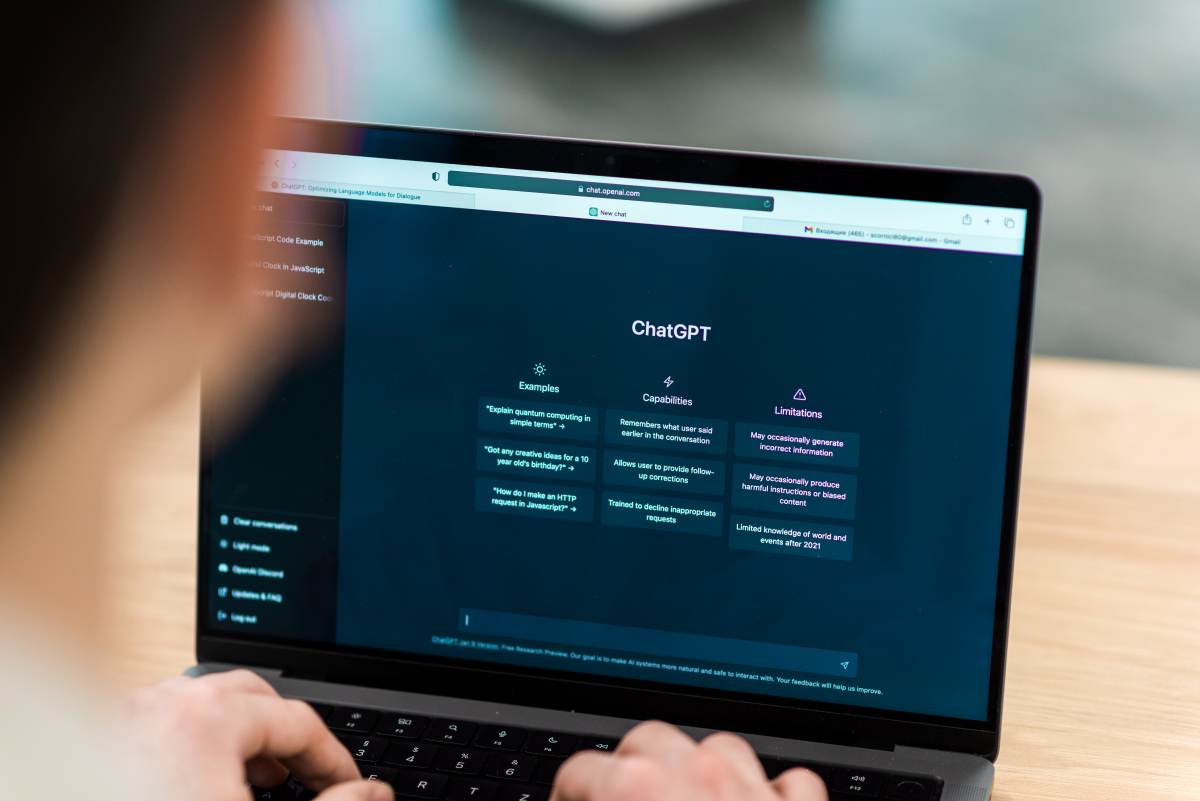Revolutionizing the Digital World
Artificial Intelligence (AI) and automation are at the forefront of technological transformation, impacting industries ranging from healthcare to finance, manufacturing, and digital marketing. These advancements streamline workflows, enhance efficiency, and reduce human error, making businesses more productive and competitive.
AI-driven automation is not just about replacing manual tasks—it’s about optimizing processes, improving decision-making, and unlocking new opportunities. This article delves into the fundamentals of AI and automation, their applications, and their significance in business, SEO, and the future of technology.
1. What is Artificial Intelligence and Automation?
1.1. Definition of AI and Automation
- Artificial Intelligence (AI) refers to machines and software that mimic human intelligence, including learning, problem-solving, and decision-making.
- Automation involves using technology to perform tasks without human intervention, enhancing productivity and efficiency.
1.2. The Evolution of AI and Automation
- AI’s roots date back to Alan Turing’s 1950s work on machine intelligence.
- Over time, advancements in machine learning (ML), deep learning, and neural networks have transformed AI into a powerful tool for businesses.
Today, AI-powered automation is used in everything from chatbots and predictive analytics to self-driving cars and content creation tools.
2. Applications of AI and Automation
AI and automation impact nearly every sector. Below are some of the most influential applications:
2.1. AI in Business & Marketing
✔ Chatbots & Virtual Assistants – AI-powered bots like ChatGPT and Google Bard enhance customer support.
✔ Predictive Analytics – Businesses use AI to analyze data and forecast trends.
✔ Personalized Marketing – AI tailors advertising based on user behavior and preferences.
2.2. AI in Healthcare
✔ Medical Diagnosis & Imaging – AI assists in detecting diseases through MRI and CT scans.
✔ Drug Discovery – AI speeds up pharmaceutical research and vaccine development.
✔ Patient Monitoring – Wearable AI-powered devices track vital signs and predict health issues.
2.3. AI in Manufacturing & Industry
✔ Smart Factories – Automation in manufacturing improves production efficiency and quality control.
✔ Robotic Process Automation (RPA) – AI-driven bots handle repetitive tasks such as data entry and logistics.
2.4. AI in SEO & Digital Marketing
✔ AI Content Generation – Tools like GPT-powered AI writers create SEO-friendly blog posts.
✔ Search Engine Optimization (SEO) Automation – AI analyzes keywords, backlinks, and ranking factors to optimize web content.
✔ AI-Powered Ads – Google Ads uses machine learning to optimize PPC campaigns.
The implementation of AI and automation enables businesses to scale faster, reduce costs, and improve overall efficiency.
3. The Benefits of AI and Automation
3.1. Increased Efficiency & Productivity
AI reduces human workload by automating repetitive tasks, allowing employees to focus on higher-value work.
3.2. Enhanced Accuracy & Decision-Making
AI-driven automation minimizes human errors and provides data-driven insights for better decision-making.
3.3. Cost Reduction
Businesses save costs by reducing labor dependency and optimizing operational processes.
3.4. Scalability & Innovation
AI allows businesses to scale rapidly while fostering innovation in customer service, marketing, and analytics.
4. AI and Automation in SEO: Revolutionizing Digital Marketing
AI is transforming SEO strategies and content marketing by:
✔ Optimizing Keywords & Content – AI tools like SEMrush and Surfer SEO analyze ranking factors.
✔ Automating Link Building – AI suggests high-authority websites for link-building campaigns.
✔ Improving User Experience (UX) – AI enhances website navigation, improving bounce rates.
✔ AI-Powered Chatbots – Interactive AI enhances engagement, increasing dwell time.
AI-driven SEO automation allows businesses to gain a competitive edge by analyzing search algorithms and adapting content strategies in real time.
5. The Future of AI and Automation
5.1. AI-Powered Workforce
As AI takes over repetitive tasks, employees will shift towards creative and strategic roles.
5.2. Ethical Considerations & AI Governance
AI regulation will become crucial to prevent bias, misinformation, and ethical violations.
5.3. AI-Driven Personalization & Predictive Analytics
Future AI systems will offer hyper-personalized experiences, predicting user needs before they arise.
Businesses that embrace AI and automation early will have a strategic advantage in the evolving digital economy.
AI and automation are reshaping industries, improving efficiency, and driving innovation. From SEO and digital marketing to business automation and healthcare, AI-powered solutions provide unmatched accuracy, scalability, and cost-effectiveness.
To stay ahead, businesses must adopt AI-driven strategies, optimize digital workflows, and leverage automation for smarter decision-making. The future of AI is limitless, and those who embrace it will thrive in the next wave of digital transformation.
FAQs
- How does AI improve business efficiency?
- AI automates repetitive tasks, reduces errors, and enhances decision-making with data-driven insights.
- Can AI replace human jobs?
- AI augments human capabilities but does not fully replace creativity and strategic thinking.
- How is AI used in digital marketing?
- AI optimizes SEO, PPC advertising, content marketing, and customer interactions through chatbots.
- What are the best AI tools for SEO?
- Popular tools include Surfer SEO, SEMrush, Ahrefs, and Rank Math.
- How does automation improve SEO?
- Automation enhances keyword research, link building, content creation, and website analytics.
- What are the risks of AI?
- AI risks include bias in algorithms, misinformation, and potential job displacement.
- How does AI help in customer service?
- AI-powered chatbots provide instant responses, reducing response time and improving user experience.
- Can AI create content?
- Yes! AI tools like ChatGPT and Jasper AI generate high-quality blog posts and marketing copy.
- What is robotic process automation (RPA)?
- RPA automates repetitive tasks such as data entry, invoice processing, and customer support.
- What industries benefit most from AI?
- AI is transforming healthcare, finance, e-commerce, marketing, and manufacturing.




